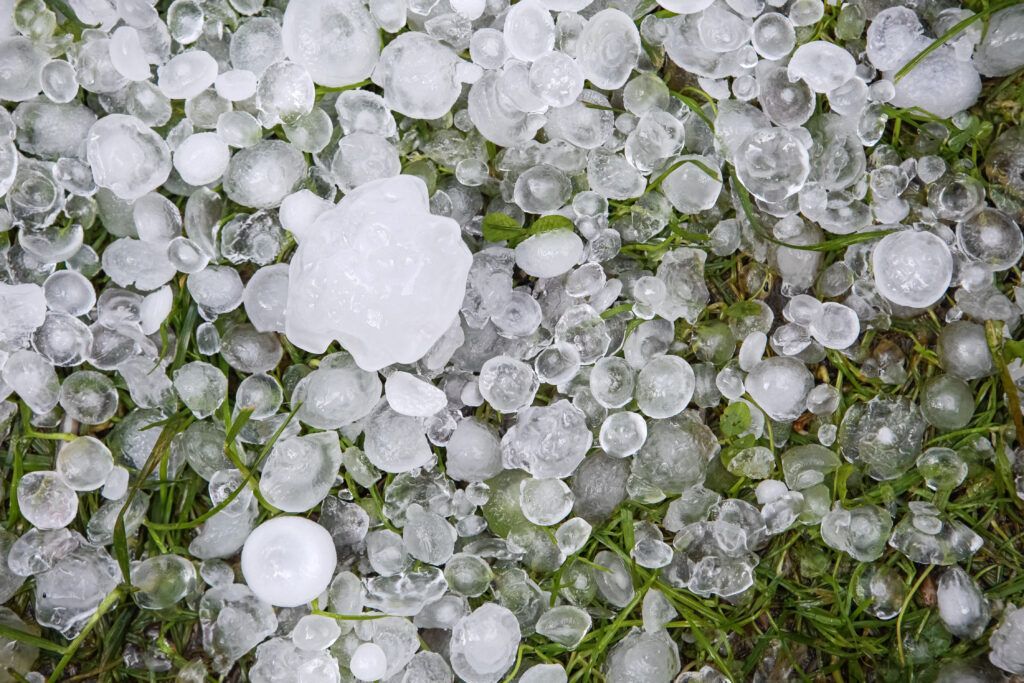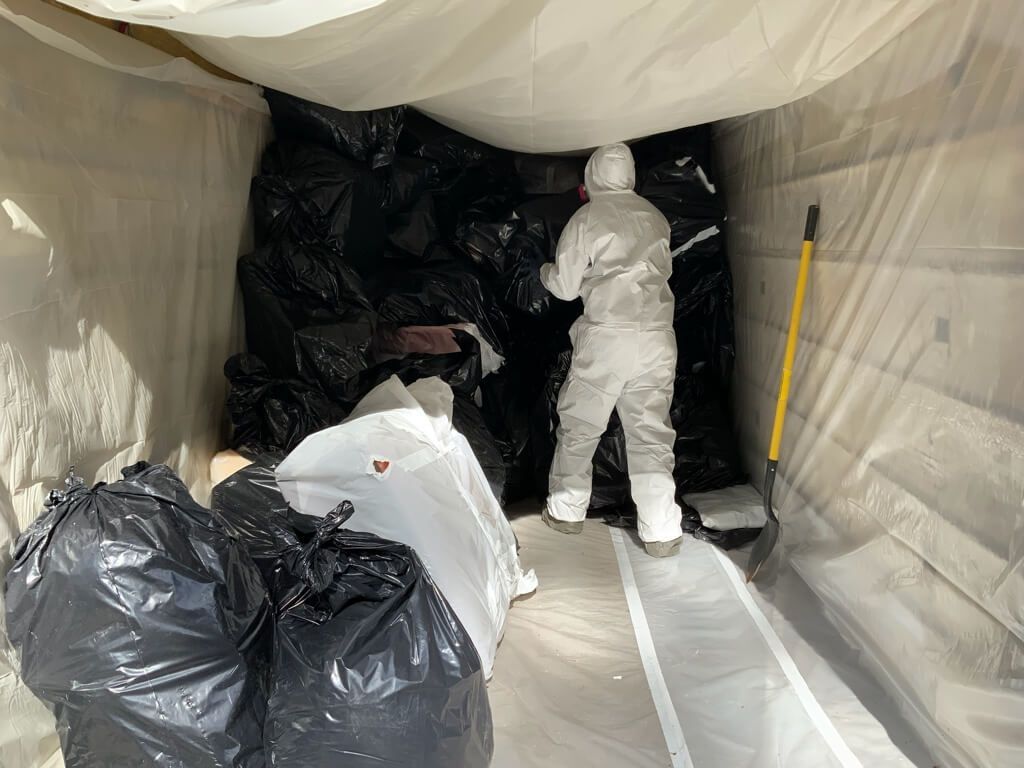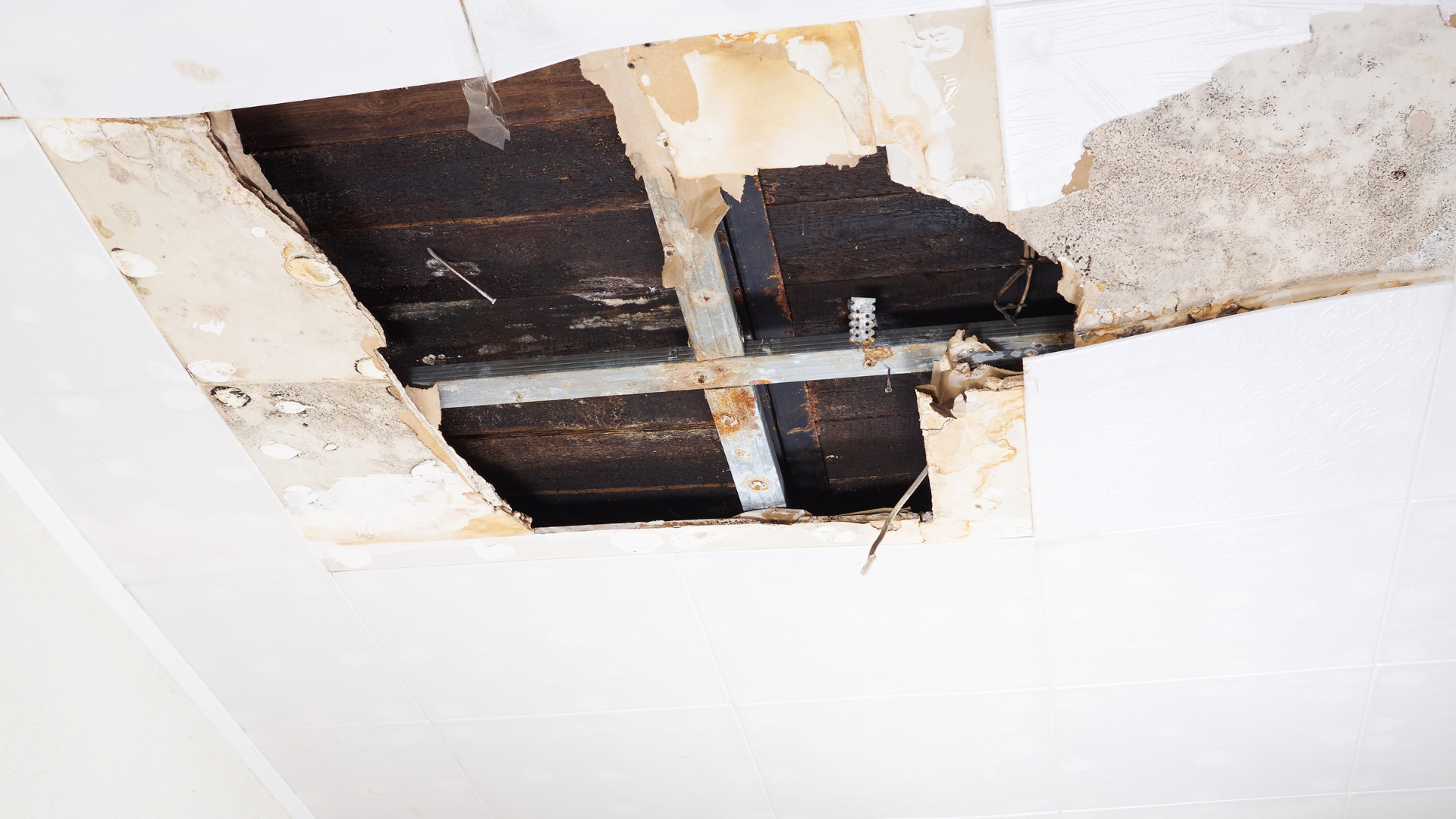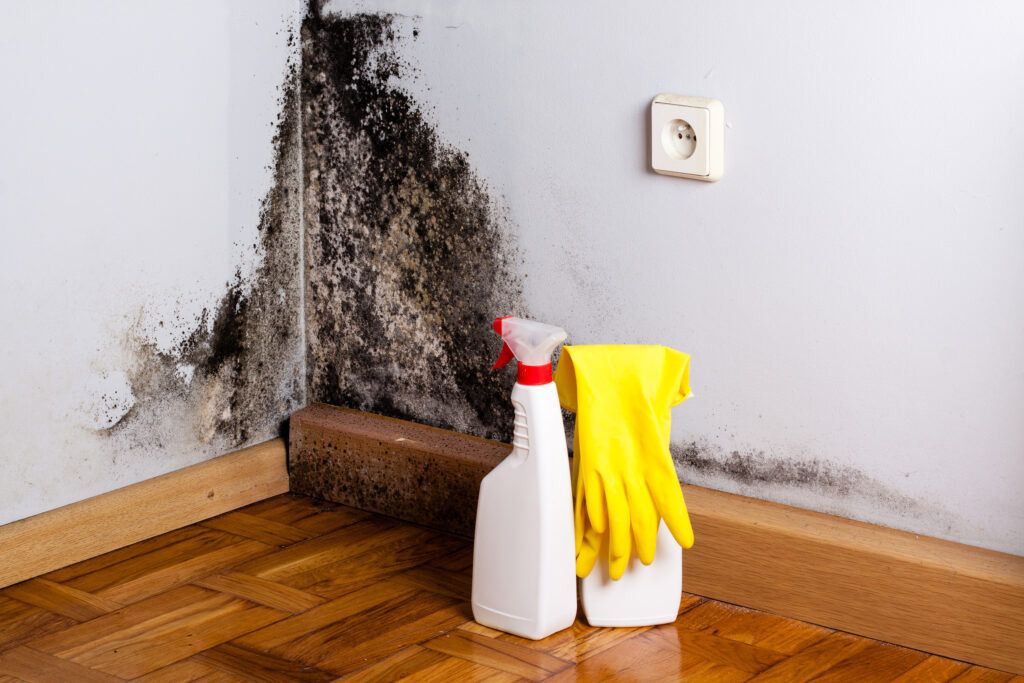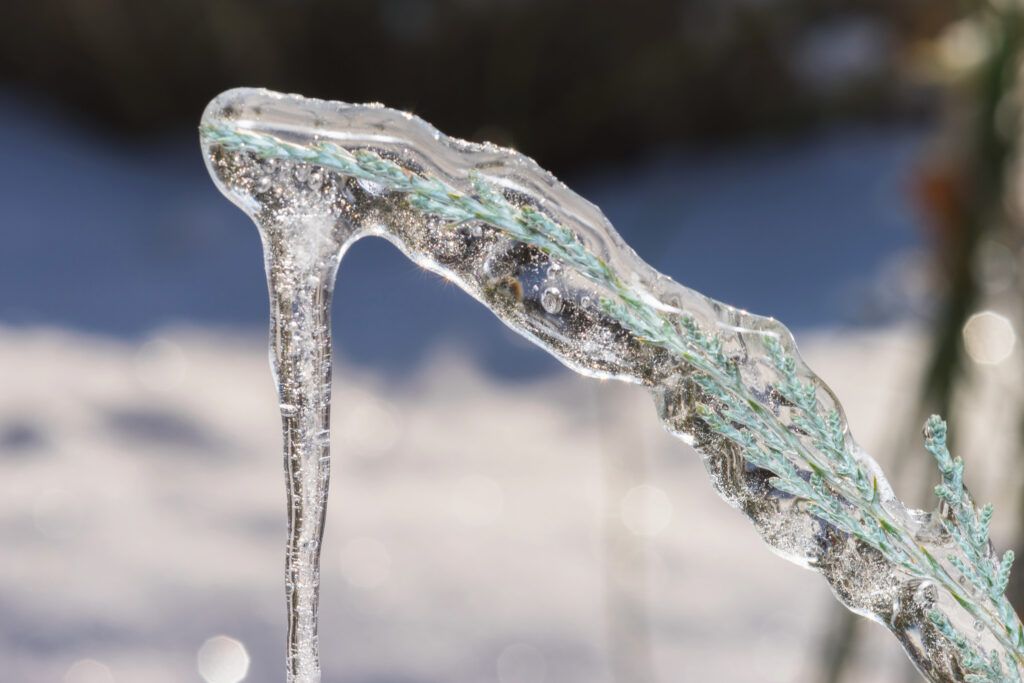Keeping Your Basement Floor Drain From Backing Up!
Several factors can lead to sewage backing up in your basement. It is frequently the case that the main sewage drain line has a problem. Thus, the sewage backs up into the basement. It is advisable not to flush wet wipes, paper towels, or feminine products down the toilet.
Basement drains might also be blocked, causing the problem. When a basement floor drain is properly maintained it’s possible to prevent back-ups from occurring; however, there are times when you should call a professional water damage restoration company such as HRS Restoration Services.
YSeveral factors can lead to sewage backing up in your basement. It is frequently the case that the main sewage drain line has a problem. Thus, the sewage backs up into the basement. It is advisable not to flush wet wipes, paper towels, or feminine products down the toilet.
Basement drains might also be blocked, causing the problem. When a basement floor drain is properly maintained it’s possible to prevent back-ups from occurring; however, there are times when you should call a professional water damage restoration company such as HRS Restoration Services.
You can trust HRS rather than risk your health and safety. Homeowners have called on our expert team to resolve sewage backups for over 20 years. Make sure your homeowner’s insurance covers drain backups by checking your policy.
IICRC trained sewage backup experts remove any affected items quickly and safely using the latest technology and training. Our goal is to return your basement to the pristine state it was in before the sewer backup occurred.
Call HRS Restoration Services ASAP at the first sign of a drain backup.
Causes Of Basement Drain Backup
Basement floor drain backups are almost never caused by clogs in the basement floor drains themselves. Every home has an underground floor drain that is connected to the main drainage system. As a result, if the main sewer line is clogged, it leads to floor drain backups almost every time. Read on for more causes of backed up floor drains.
Wash Tub Basin
Wash tub basins that are backing up usually mean the strainer is clogged. The trap under the basin may also be clogged with sediment and debris. Thankfully, homeowners can easily fix this problem themselves. However, basin backups can also be symptoms of something more serious when the clog or defect is further down the line in your drain system where you can’t access it.
Washing Machine
Water can often overflow from washing machines when they back up. Turn off the washing machine if this occurs. Alternatively, connect a drain hose to a drain on the line that connects lateral sewer pipes from your home to the main sewers, aka the branch line.
Main House Trap
If you experience frequent backups, you may have a clog in the sewer line. The sewer line must be accessed to fix it. That’s why wastewater from your basement sewer line frequently appears in your main house drain. In order to have a clear basement floor drain, you can open both the street and house side plug. A trap is placed beneath the basement floor to allow sewer water backed up there to escape.
Floor Drain
Basement floor drains can leak water for a number of reasons. The most common reason is that there is water in the house drain under the floor. This can occur after a rainstorm has overwhelmed the drains, or the sewage system and water comes up from basement floor drains.
Tree Roots
Moisture is the root’s natural habitat. A basement flooding drain backup will arise if your drain line has any cracks or weak points. Compared to cast iron pipe, clay pipe has more weak points, while PVC piping has fewer. Whenever a crack opens in your sewer pipe, roots will find a way in. Sewer pipes in your home hold hundreds of gallons of extremely nutrient-dense sewage, so when water escapes, tree roots will be drawn to this water.
There is nothing more inconvenient than dealing with a root issue, so homeowners must address it as quickly as possible. It is crucial to clear the main drain line of tree roots.
Deteriorated Pipe
Like everything else, you can expect your main drain to break down over time. The walls of the pipes can become clogged with debris build up over time. This can lead to an overflow of the main drain line and water will fill up the basement floor drain. When the pipes are in their final stages of use, there is a greater likelihood of main sewer line clogs, resulting in a basement floor drain backing up water.
Break & Separation In The Main Drain Line
The worst thing that can happen is the break, or separation, of the drain pipe. A costly replacement or lining is needed for this system. Often, homeowners will choose to replace the whole line despite only needing to replace the broken section.
It is possible to tell if your main line is broken in a few different ways, such as when there is a basement drain clogged, there is a sewer backup basement , when mold appears, or you smell sewer gas.
Bellies In The Main Drain Line
Sewer line bellies are sags, or low spots in sewer lines. Homeowners may experience sewer line belly problems that exacerbate their plumbing problems. When a sewer pipe sags, standing water in basement floor drain results, causing erosion and blockages.
Improper Flushing
When you flush more material than your main drain line can handle, you are more likely to experience a backup. Do not flush paper towels, baby wipes, or feminine products. These products won’t dissolve enough to pass through your pipes.
Sewage Backup
A sewage backup occurs when something is blocking the free flow of sewage. A blockage means any additional sewage that enters the pipe will put dangerous pressure on the pipe, leading to leak or break.
What To Do If Your Basement Drain Is Backing Up
A sewage backup in your basement floor drains is an experience you’ll want to avoid. If you find water coming up from basement floor drains, you’ll want to know how to unclog basement floor drains. Basement drain backups often require professional Sewage Cleanup Services to safely remove contaminated water.
You can unclog a drain with a plunger, baking soda and vinegar, or by using a drain snake. Here are some unclogging methods for basement drains.
Plunger
Whenever you discover a clogged basement floor drain, it’s important to clear it as soon as possible to minimize the risk of flooding. Using a plunger should clear minor clogs.
Ensure that the plunger cup covers the drain completely. To determine if the clog has been cleared, attempt to run water down the drain after plunging it. If water is running successfully without backing up, the clog has been removed.
Baking Soda & Vinegar
If for some reason using a plunger doesn’t work, try pouring baking soda down the drain, then follow it with a healthy amount of white vinegar.
Snake
Standard drain cleaning tools include drain snakes. Most of the time, the snake does a good job as effectively as any other tool. It is possible that an electric snake could be helpful in more serious drain backups. For cutting through roots, use a power snake with razor blades.
How To Prevent Basement Drain Backups
You can prevent basement drain backups by installing a sewer valve, performing regular maintenance on drains and clearing the floor drain plug. Other prevention techniques include installing a standpipe or an overhead sewer.
Even with prevention, your basement drain may still backup. You need to determine if it is local waste from your home that is trapped due to a blockage in the main line, or if it is waste from the sewer system coming back in. A blockage can occur if a portion of the line has broken. Here are more preventive measures for basement drain backups.
Install A Sewer Valve
You may be able to avoid city sewer surcharges by installing a sewer valve. A sewer surcharge is the overloading of the sewer beyond its design capacity due to inflow and infiltration of water. A surcharged sewer often results in sewer overflow, but if you install a backup valve to allow water or sewage to flow only one way out of your house it can help prevent any backflow. Doing this typically costs less than the damage caused by a basement drain backup
Maintain Drain
A professional drain cleaner can perform routine maintenance on your drains.
You should keep drains healthy and working properly by cleaning them every quarter. Attempt to remove any remaining debris with a safe liquid drain cleaner if needed. You should contact a professional if your basement floor drains have not been cleaned in a while or if you are experiencing other drain issues.
Floor Drain Plug
Water can back up from overloading sewers when drain plugs are installed below floor drain grates. Water can return through the opening once sewer conditions return to normal. The easiest and simplest preventative measure is to use one-way plugs. Be sure to keep out debris that could interfere with the function of the float mechanism when you use a one-way drain plug.
Install Standpipe
Standpipes are basically just pipes in floor drains with a rubber seal to prevent leaks. A leaky drain is most likely to cause a small amount of water to rise up into the pipe rather than spill onto the floor–unless the backup is copious and it passes over the top, typically about 3 feet or more. The water spillage can be drained once the flood threat has passed.
Install Overhead Sewer
A basement flood can be prevented by installing an overhead sewer, but it is also the most costly option. In the center of a building, there is a sump, a space below floor level where water is collected and flowed into overhead pipes. The pipes allow the water to drain into the sewage line. You will need to obtain a permit to install an overhead sewer.
What To Do If You Have Basement Water Or Sewer Damage
Fixing basement water damage is important and there are some things you can do on your own to make sure that your basement doesn’t overflow with sewage. If you do experience a basement drain backup, here are some things you can do.
Determine which items and goods have come into direct contact with sewage water and contaminated debris. This becomes even more important and difficult in a finished basement.
You should use personal protective equipment, or PPE, if there has been a sewage backup in a basement. Aside from locating the leak and removing and repairing affected items, you will also need to check for signs of mold. Despite the fact that you can clean sewage on your own, it is not recommended because of the associated health risks.
An untreated sewage backup in the basement can lead to an outbreak of unhealthy mold. It’s important to remove any traces of moisture as quickly as possible since mold can develop within 24-48 hours.
Remember, there will likely be mold growth hidden under flooring and behind walls. A professional restoration company like HRS can examine all surfaces and use mold detection equipment to completely eliminate the risk of continued mold growth. In severe cases, certified Biohazard Cleanup Services are necessary to restore a safe living environment.
When To Call A Professional
If your basement flood results in an outbreak of mold – call a professional for Mold Remediation. If your basement flooding involves sewage – call a professional for Sewage Cleanup. If the water damage in your basement has seeped into your walls and flooring, warping them beyond repair – call a professional for Water Damage Restoration. If the water in your basement has affected your electrical outlets – call a professional for Water Extraction and Removal Services. A full service restoration company like HRS has expert team members for each of these issues.
HRS Restoration Services team members have the tools and training to perform water extraction and mitigation in Denver. Furthermore, we deal with the residual side effects of water damage and offer mold restoration in Denver.
Why Choose HRS Restoration Services
HRS is a top rated restoration company. We’re ready to respond 24/7 and our team is experienced in fixing your flooded basement. From water damage restoration in Denver, mold remediation, and reconstruction – we’ve got you covered.
Contact HRS Restoration Services Today!
Call HRS Restoration Services when you need help with sewage backup.
The post Keeping Your Basement Floor Drain From Backing Up! appeared first on HRS Restoration.
